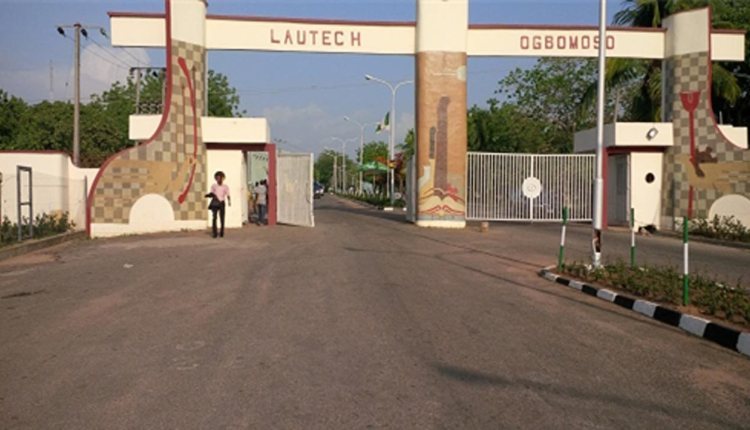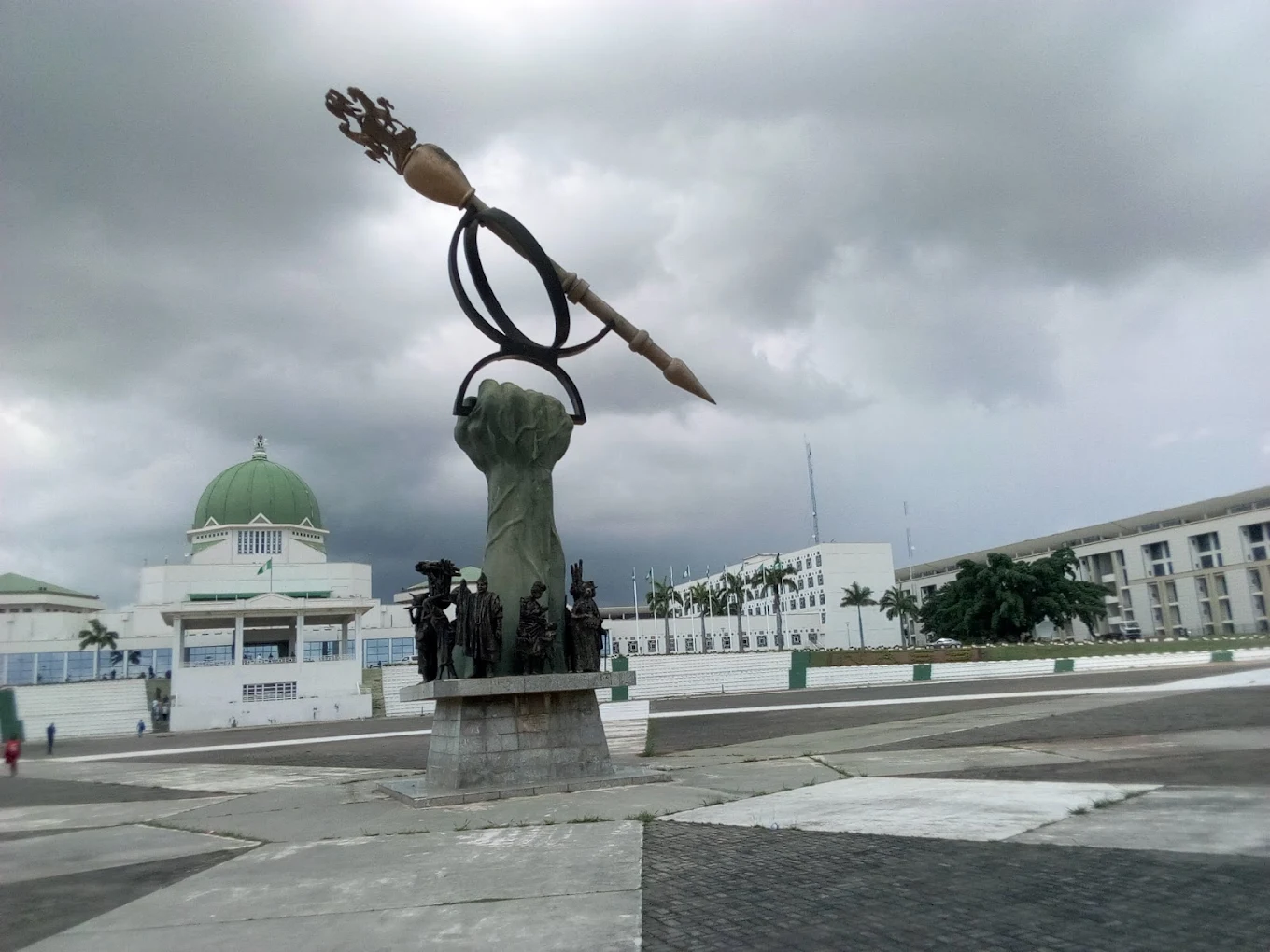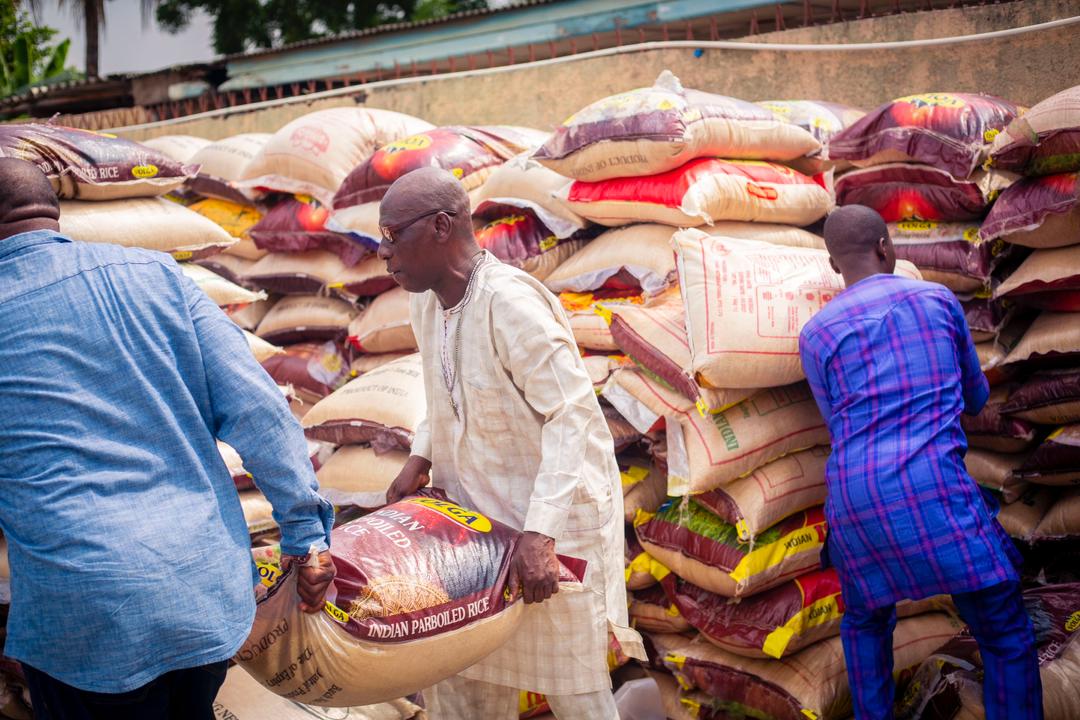A recent global survey conducted by The Rockefeller Foundation has found that Nigerians are among the most supportive populations for international cooperation, with 71 per cent of adults in the country backing efforts by nations to tackle shared challenges.
The survey, carried out ahead of this year’s United Nations General Assembly in New York, covered 36,405 adults across 34 countries and placed Nigeria among the top five globally in support for multilateral collaboration.
Only Kenya in Sub-Saharan Africa recorded a slightly higher figure at 72 per cent, while India (81 per cent) and South Korea (73 per cent) led worldwide. South Africa followed closely behind Nigeria at 70 per cent.
William Asiko, Vice President for Africa at The Rockefeller Foundation, said the data reflected Nigerians’ awareness of global interconnectedness.
“This new data confirms what we’ve always known—that Africans want a system of international cooperation that is not only effective but also equitable,” he said.
He added that the Foundation’s “Build the Shared Future” initiative seeks to design solutions prioritising local leadership and innovation.
Ndidi Nwuneli, president of the ONE Campaign and member of the Foundation’s board, emphasised the significance of cooperation amid declining trust in global institutions.
“At a moment when the world is struggling to cooperate on shared threats, The Rockefeller Foundation can once again help bring people together to catalyse solutions that will save lives,” she said.
The survey also highlighted a gap between support for international cooperation and perceptions of personal benefit.
While most Nigerians support collective action, only 42 per cent feel that such efforts currently deliver tangible advantages to them personally. Globally, 75 per cent said they would support international cooperation if it is proven to solve global problems, and 76 per cent would back it if it delivers solutions domestically.
The report found strong backing across all surveyed countries for cooperation on specific issues: food and water security (93 per cent), trade and economic development (92 per cent), global health (91 per cent), jobs (90 per cent), and climate change (86 per cent). However, confidence in international institutions remains modest, with 58 per cent trusting the United Nations, 60 per cent trusting the World Health Organisation, and 44 per cent expressing confidence in the International Monetary Fund.
The Rockefeller Foundation has announced a $50 million initiative under the “Build the Shared Future” programme to strengthen global collaboration and develop people-centred solutions, particularly targeting African countries, including Nigeria, which face urgent challenges from climate-driven disasters, public health emergencies, and economic instability.
Researchers noted that Nigeria’s population size and economic significance make its citizens’ support for international cooperation particularly influential in shaping global policy. As world leaders and private sector actors convene in New York on September 22 to discuss the findings, Nigeria’s strong pro-cooperation stance is expected to contribute to calls for more inclusive and equitable models of global collaboration.
The survey was conducted by Focaldata between August 8 and September 10, 2025, using nationally representative samples in each country, with a margin of error ranging from two to four percentage points.






